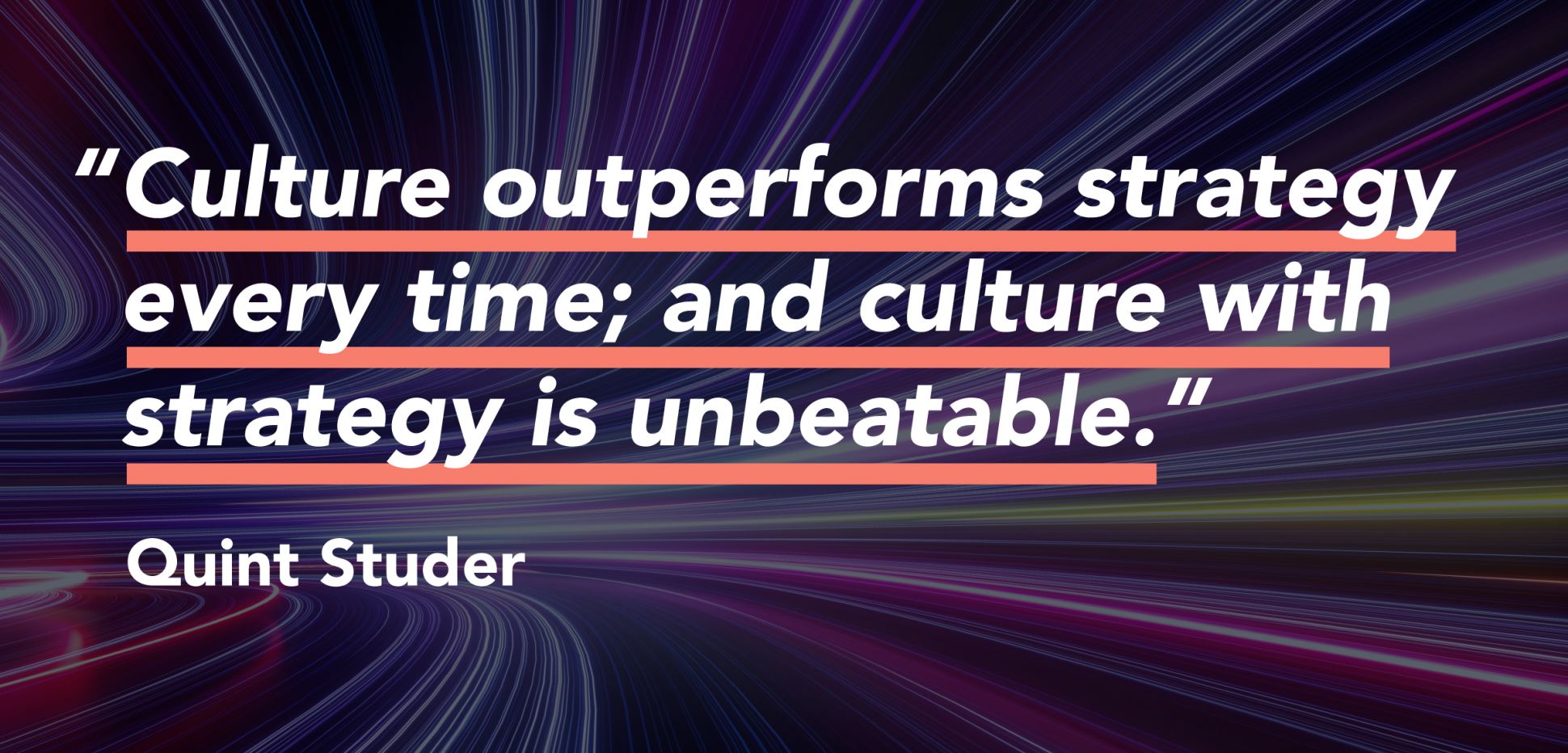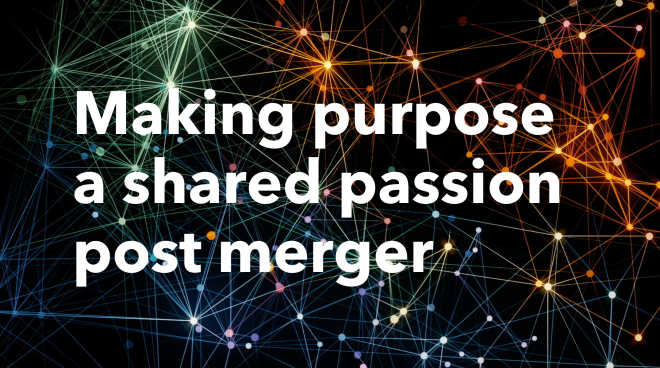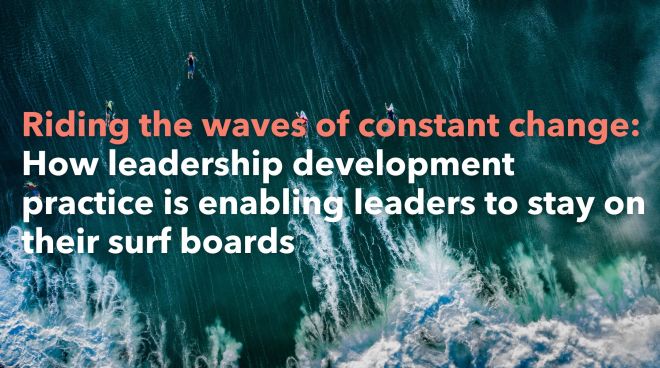What is Culture?

This is a phrase that in our experience has never been truer than now. What is your organisational culture, why does it matter, what needs the most attention? How might you intentionally encourage the development of specific types of culture that would be particularly useful during these unusual times? And what is it about your organisation culture that enabled you to survive and thrive as you lived through 2020 and what is setting you up for success into 2021?
What is organisational culture and why does it matter?
Culture is about ‘the way things are done around here’. It is the patterns, pulse, rhythm, values, and traditions that help us understand how things ultimately get done in an organisation. It offers predictability and understanding.
Culture matters because it can make a profound difference to performance as culture shapes what are accepted and acceptable patterns of behaviour. Culture impacts peoples’ sense of self-esteem and well-being – ‘I feel more or less of myself around here’. It is dynamic, constantly changing and happens one conversation and one gesture at a time.
What is it not?
It is not about stereotyping or making sweeping generalisations to fit people into boxes. Africans cannot keep time…Germans are always on time…Americans are brash…English are ‘polite’…etc. Whilst some of these stereotypes can provide us with clues to get curious about, it is important to pay attention and get to understand the human being in front of you.
It is also not to be used as an excuse to exclude, to not listen, or to discriminate against those that you feel are not the same as you. It is an opportunity for us to pay attention to what enables our differences and where we can find common ground - for example enabling different ways of thinking and finding common ground in our values and sense of purpose.
Culture is not just the responsibility of the CEO. Everyone in the organisation is responsible for co-creating the culture.
What happens when culture is not paid attention to?
It might not be immediate, but when a focus on enabling a culture is not made, or ignored as other priorities seem more important, there are systemic casualties as people might disengage, not be effective and under perform. It might stifle the organisation’s ability to be high performing, agile and adapt to the constantly changing world.
Discover more about culture and how it can impact leadership, wellbeing, diversity and inclusion, and so much more, in the second part of this blog. Coming soon!

 Tsheli Lujabe
Tsheli Lujabe 
 Andrea Cusack
Andrea Cusack 

 Aoife Keane
Aoife Keane